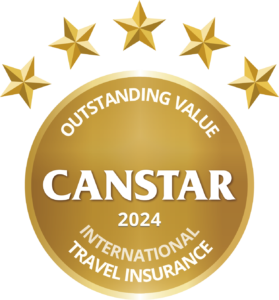
 |
|
|
|
|
|
|
|
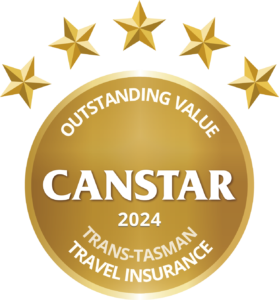
 |
|
|
|
|
|
|
|
|
|
|
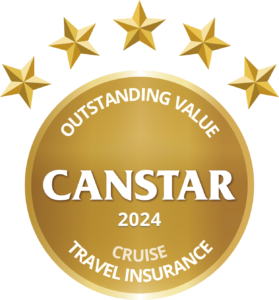
 |
|
|
|
|
|
|
|

 |
|
|
|
|
|
|
|
Canstar’s full travel insurance Star Ratings break down the best insurance providers and products across the following destinations:
Headed off overseas and looking for the best in money cards? Here’s a rundown of some of the most popular cards in New Zealand:

Travel Insurance - June 12th
KEY POINTS: Many travel insurance policies, domestic and international, include cover for rental vehicle excess. Therefore if you take out travel insurance, you may not have to pay for excess insurance when renting a vehicle. Any…
– Read more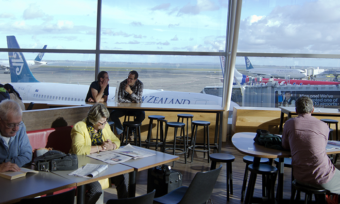
Rewards Credit Cards - June 3rd
KEY POINTS: Air New Zealand has 12 lounges in NZ, four across Australia and one each in Nadi and Rarotonga, plus offers access to many more Star Alliance partner lounges across Australia, Asia and America. You…
– Read more
Banking & Insurance - May 12th
KEY POINTS: Most New Zealand citizens aren't eligible for Higher Education Loan Program (HELP) student loans from the Australian government. Kiwis studying in Australia don't require a student visa and pay the same fees as Australian…
– Read more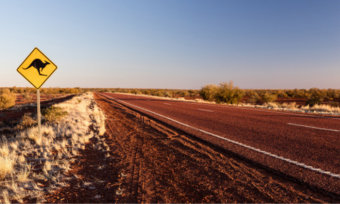
Car Insurance - April 14th
KEY POINTS: If you have a full NZ driver licence, you are able to drive for up to six months when visiting Australia, depending on the state/territory you are visiting. NZ drivers with restricted licences should…
– Read more
Travel Insurance - November 28th
Holidays promise carefree relaxation away from work pressures and domestic chores. However, plenty of unforeseen events can ruin the best-laid vacation plans, from illness and accidents to the loss or theft of possessions. If the worst…
– Read moreTravel insurance is financial cover for emergencies, accidents or loss that might occur to you or your belongings while you are travelling either domestically or internationally.
The New Zealand government website SafeTravel recommends travel insurance for anyone taking a trip away from home, especially overseas.
If you don’t have travel insurance and you lose your luggage, have an accident, medical emergency, or legal incident, you could face huge bills.
Cancelled flights and hotel accommodation can leave you out of pocket by thousands of dollars, but medical expenses can be even worse. A health emergency overseas can end up costing hundreds of thousands of dollars.
However, if you have travel insurance, you can travel confidently knowing you can get financial help in an emergency.
In addition to organising travel insurance, before you leave:
There are two types of travel insurance cover policies.
Domestic travel insurance policies usually cover you for events such as:
Domestic travel insurance usually doesn’t cover you for:
International travel insurance policies usually cover you for events such as:
International travel insurance usually doesn’t cover you for:
NB: No travel insurance policy will cover you for every single thing that might go wrong while you’re away, so it’s important to read your policy’s terms and conditions carefully to discover the full extent of your cover.
Products from the following travel insurance providers were rated in Canstar’s 2024 Travel Insurance Star Ratings and Awards: